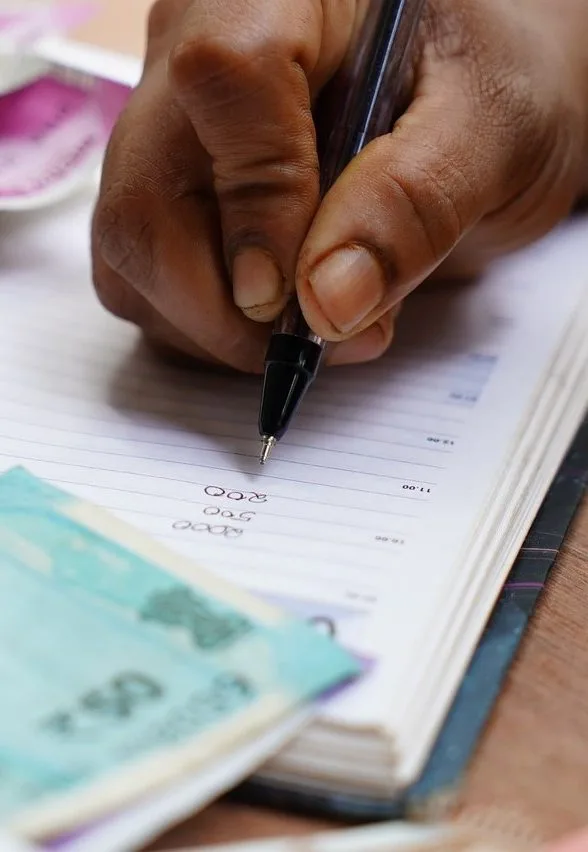Cheque bounce cases in India have been a major issue for a long time. Despite several measures being taken by the government, the problem continues to persist. In India, a cheque is a widely accepted method of payment, and it is commonly used in business transactions and other financial dealings. However, the misuse of cheques and the resulting cheque bounce cases have led to a lot of financial loss and legal disputes.
What is a Cheque Bounce Case?
A cheque bounce case occurs when a cheque issued by a person or company is returned by the bank unpaid. This can happen for various reasons, such as insufficient funds in the account, the account being closed, or a discrepancy in the signature or date. A cheque bounce case can result in financial loss for the person or company who issued the cheque, as they may have to pay a penalty fee to the bank, and it can also lead to legal consequences.
Legal Consequences of Cheque Bounce Cases
In India, cheque bounce cases are governed by the Negotiable Instruments Act, 1881. Under this act, if a cheque is bounced, the person or company who issued the cheque can be held liable for criminal prosecution. The penalty for cheque bounce can range from a fine to imprisonment, depending on the amount involved in the transaction. If the cheque amount is less than Rs. 1 crore, the punishment can be imprisonment for up to two years or a fine of double the amount of the cheque, or both. For amounts above Rs. 1 crore, the punishment can be imprisonment for up to seven years or a fine of five times the amount of the cheque, or both.
How to Avoid Cheque Bounce Cases
To avoid cheque bounce cases, it is important to ensure that there are sufficient funds in the account before issuing a cheque.
It is also important to make sure that the signature and date on the cheque are correct and that there are no discrepancies. In addition, it is advisable to keep a record of all cheque transactions and to follow up on them to ensure that they have been cleared.


Awareness about Cheque Bounce Cases
It is essential to spread awareness about cheque bounce cases to prevent financial loss and legal disputes. One way to do this is by educating people about the consequences of cheque bounce cases and the precautions that they can take to avoid them. This can be done through workshops, seminars, and other awareness programs.
Conclusion
In conclusion, cheque bounce cases are a growing problem in India, and it is important to address them through awareness programs, stricter regulations, and the effective implementation of existing laws.
People must be educated about the legal consequences of bouncing a cheque and the importance of maintaining sufficient funds in their accounts. Businesses and individuals must also be cautious while issuing and accepting cheques to avoid legal and financial consequences. A concerted effort by all stakeholders, including the government, banking institutions, and individuals, is required to curb the issue of cheque bounce cases in India.
By spreading awareness and taking proactive measures, we can prevent financial loss and ensure a robust financial system that benefits everyone in the country.
Keep yourself updated and stay connected to receive similar content.

